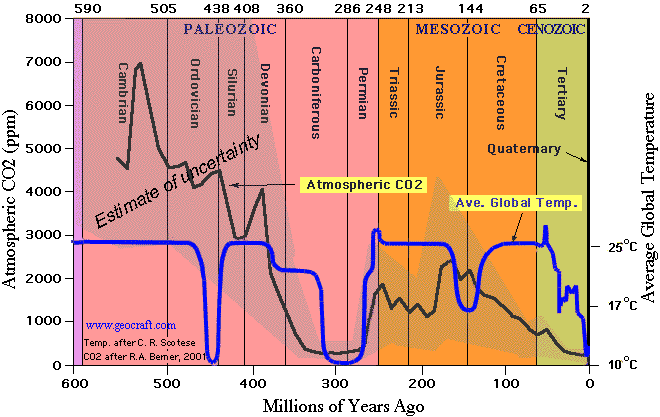 PassedOut, on 2013-June-02, 09:30, said:
PassedOut, on 2013-June-02, 09:30, said:
And it hit on the last week of October last year, causing damage as far west as Wisconsin. So I don't understand your original claim.
See the following:
http://www.propertyc...-hurricane-land
A major hurricane (category 3 or higher) has not made landfall in the U.S. since 2005, which is the longest such period in recorded history. Sandy came ashore as a category 1 hurricane with winds of 80 mph. Its destructiveness was a result of its timing. The storm merged with a continental low, causing its winds to broaden, and shift assymmetrically towards the northwest. The storm also made landfall during high tide of a full moon, leading to an additional foot or more of storm surge. Understand now?
The U.S. is not alone, 2012 marked the 4th consequetive below average year of tropical-cyclone landfalls worldwide. The following shows tropical cyclone energy, which considers both the number and strength of storms.
http://policlimate.c...running_ace.png

 Help
Help



